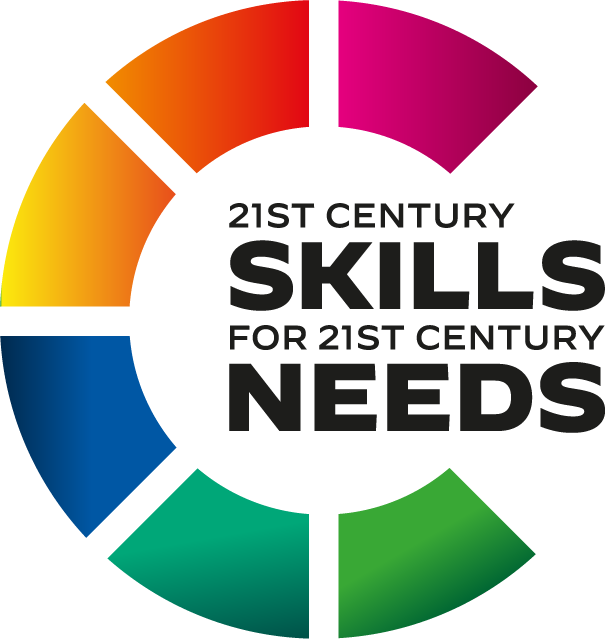Plastic Pollution - Norway
Which of the C’s did you choose?
Citizenship, Communication, Collaboration.
Why did you choose them? (What did you want the students to develop?)
We chose these C’s because they suited our task. Since our intermission work consisted of several phases, the chosen C’s were implemented in the pupils’ work in a natural manner, both separately, but at the same time simultaneously.
Which activities did you selected to support the development of these C’s?
We chose a to give the pupils a group task, where they were supposed to make a research and a presentation on a question within the topic plastic pollution.
When they were done with the presentation, the groups were filmed, and the videos were then sent to two other countries from our Erasmus group (Denmark and England in my case).
Then, the pupils in those two countries were supposed to watch the videos and ask some questions to the pupils who made the research, and the questions were later sent to the original country. The teacher in the original country would then ask his/her class the questions, write down pupils’ answers and send them back to the countries who asked the questions.
By communicating with our partner countries, the pupils felt that they collaborated in a more international way, and their works were watched by other pupils at their age, and they also got some feedback and questions from the other countries.
How did you experience the impact of the activities on the students?
The pupils enjoyed this way of working with a topic.They had to make a choice within their group when they were choosing their research question, and the findings had to be presented to the teacher who filmed them.
By knowing the fact that their work will be sent and watched in two other countries, the pupils felt more responsible for their work, but they were also eager to see what the other pupils had found out, and how they chose to angle their research questions.
This intermission work was done through several weeks, and the impression was that the pupils were digging deeper into the topic, and not only doing some superficial work. The pupils are also more aware of the plastic pollution, and how they can contribute to better the situation.
